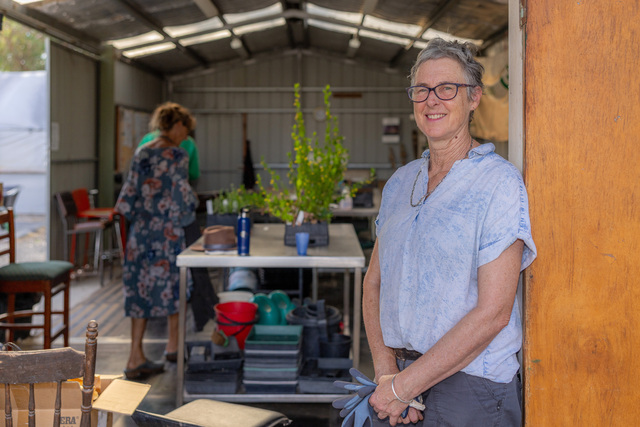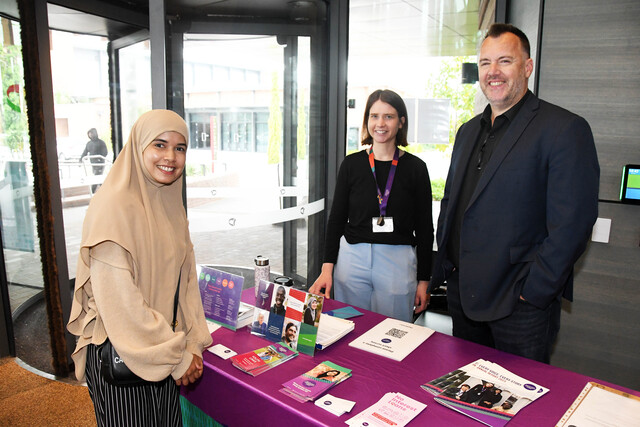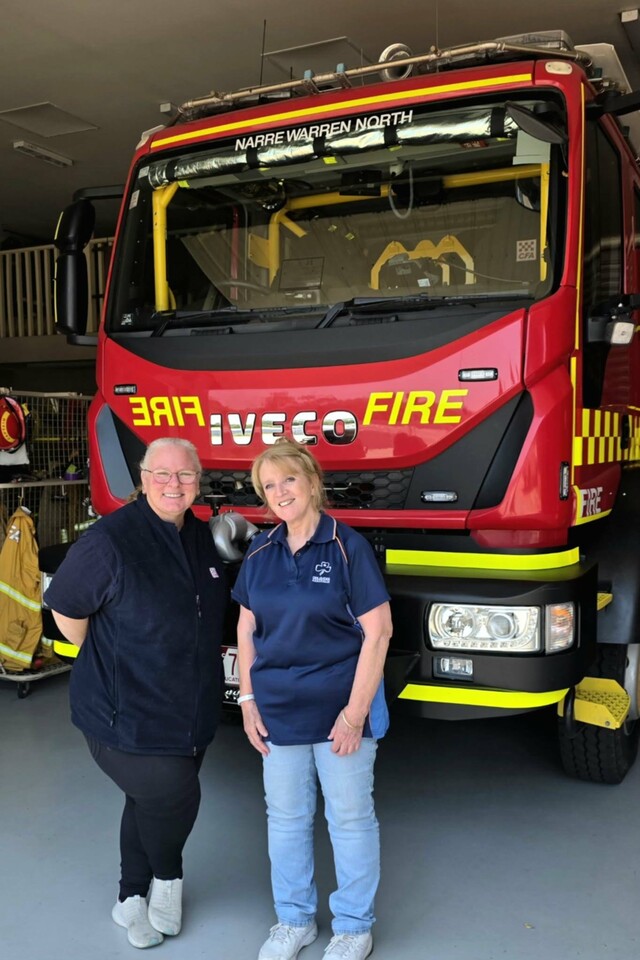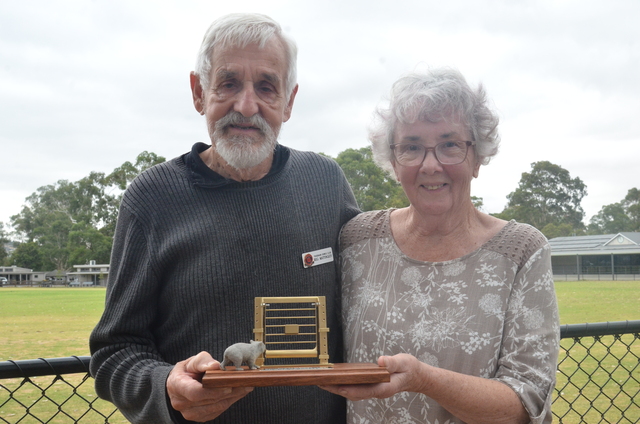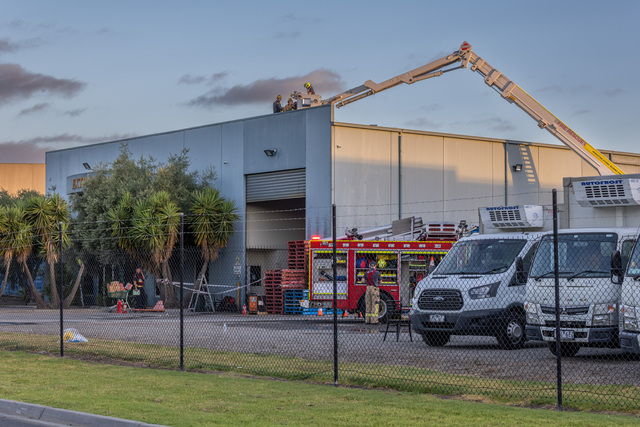A new national training program for long day care services will help staff respond to food allergies potentially saving lives.
The free online course provides specific information on specific types of food allergens in 11 short practical modules tailored for cooks, chefs and educators in early childhood education and care.
Dr Sandra Vale, the chief executive officer of the National Allergy Council, says currently there are no requirements or regulations for long day childcare services to have food allergen management training.
“This training will give long day care services the tools they need to prevent life-threatening allergic reactions and provide safe, inclusive food for all children.”
“Currently, the regulations require them to undertake anaphylaxis training.
“But they don’t have to do food allergen management training, which is really important because that’s how you recognise and respond to an allergic reaction.”
A Dandenong family told Star Journal that a childcare centre poorly handled an incident with their anaphylactic daughter but worked with the family to place measures in place afterwards.
Their experience is an insight into the lack of awareness, practical skills of managing food allergens and lack of resources in childcare centres.
The family’s mother, *Sarah, wishes to remain anonymous.
“Her room was upstairs they had her downstairs near the office sitting on the chair and had just given her EpiPen, everyone was panicking running around,” she says
“She was screaming and crying.”
The educator had moved the child from the room to near the office as she was on the landline phone with Triple Zero but moving anyone experiencing anaphylaxis causes a sudden drop in blood pressure worsening their condition.
“They (childcare service) were really traumatised. They did the training but it’s one thing to do the training online compared to being in the moment in an emergency.
“They were scared to do it (use the EpiPen),. One person didn’t know how to open the lid in the moment – if you haven’t practised and watched a video, it’s different.
“That awareness of what anaphylaxis looks like – it’s not just always a swollen face and tongue. It’s quite subtle especially in kids who can’t communicate accurately what they’re feeling.”
The childcare centre has since organised an annual practical test where a real anaphylaxis situation is simulated and the child’s action plan is now documented in simple words for all to understand.
Sarah, who has worked as a pharmacist, says action plans can be generally difficult to read and understand as a document full of clinical terms.
Her daughter with multiple food allergies first had an anaphylactic incident at the age of two when she was given cow’s milk instead of coconut milk by an educator at a previous long day care centre.
The child is allergic to dairy products, cow’s milk or any other animals’ milk, peanut walnut, pecan, hazelnut and eggs.
The family and the chef knew of the child’s allergies, but it was only after that incident they found out she was anaphylactic.
“When she’s with me I know I am in control because I know what to do if she’s having a reaction,” *Sarah said.
“But when she attends childcare or later she attends school, you don’t have that control and you’re trusting that the people looking after her know what to do and follow policies and procedures. So, it’s a constant worry.
“Food is such as social element as well so it’s really hard at birthday parties or any kind of social events it’s just this added layer of worry every time you leave your house pretty much.”
The online free training is developed by the National Nutrition Foundation’s Healthy Eating Advisory Service (HEAS) in partnership with the National Allergy Council.
While the training was developed with support from the Victorian Department of Health, it is available nationally and aligns with the Victorian Government’s Menu planning guidelines for long day care and National Quality Standard for food provision in early education and care.
The course is designed to complement National Allergy Council’s All About Allergens for Children’s Education and Care training developed for all cooks, chefs and educators working in this sector.


